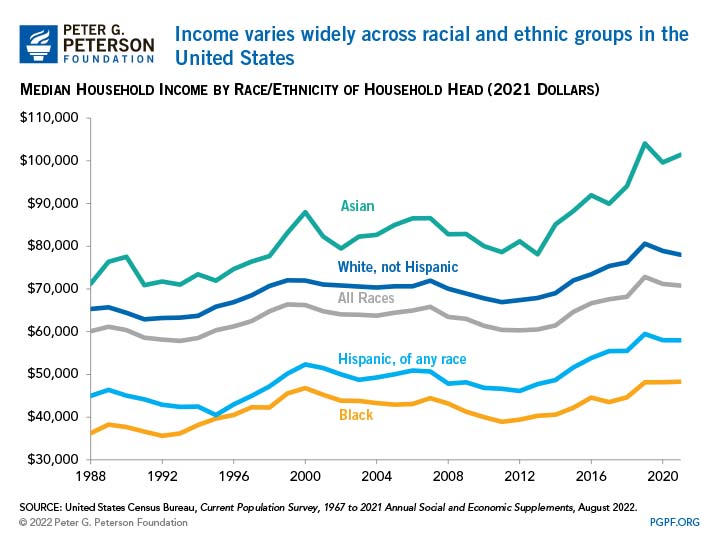Possibly a stupid question: is there any evidence of affirmative action in private colleges making a tangible, measureable impact on overall wealth inequality?
As someone that strongly believes spiralling wealth inequality to be the single largest potential catalyst of western democracy failing, that's the piece I'd be focussed on.
My feeling - looking at the current student body breakdowns of at least elite institutions - is that this is a relatively fringe debate. The state of public middle and high schools, free nursery/child-care, not-progressive-enough tax codes and so forth are much, much bigger barriers to addressing the fundamental concern.
I think affirmative action in univeristy admissions just seems like something that makes a big difference.
No, because there have been so many structural advantages baked in that nothing is changing the rising wealth inequality. For higher education, there are far more programs to favor the wealthy than simply allowing universities to consider race as a factor in admission (which is all affirmative action is post the quota era). But that isn't a reason to ban. It's only going to get worse if no university is ever allowed to consider race as a factor in admission.
"In 1985, 54 percent of students at the 250 most selective colleges came from families in the bottom three quartiles of the income distribution. A similar review of the class of 2010 put that figure at just 33 percent. According to a 2017 study, 38 elite colleges—among them five of the Ivies—
had more students from the top 1 percent than from the bottom 60 percent. In his 2014 book,
Excellent Sheep, William Deresiewicz, a former English professor at Yale, summed up the situation nicely: “Our new multiracial, gender-neutral meritocracy has figured out a way to make itself hereditary.”
The wealthy can also draw on a variety of affirmative-action programs designed just for them. As Daniel Golden points out in
The Price of Admission, legacy-admissions policies reward those applicants with the foresight to choose parents who attended the university in question. Athletic recruiting, on balance and contrary to the popular wisdom, also favors the wealthy, whose children pursue lacrosse, squash, fencing, and the other cost-intensive sports at which private schools and elite public schools excel. And, at least among members of the 0.1 percent, the old-school method of simply handing over some of Daddy’s cash has been making a comeback. (
Witness Jared Kushner, Harvard graduate.)
The mother lode of all affirmative-action programs for the wealthy, of course, remains the private school. Only 2.2 percent of the nation’s students graduate from nonsectarian private high schools, and yet these graduates account for 26 percent of students at Harvard and 28 percent of students at Princeton.
The other affirmative-action programs, the kind aimed at diversifying the look of the student body, are no doubt well intended. But they are to some degree merely an extension of this system of wealth preservation. Their function, at least in part, is to indulge rich people in the belief that their college is open to all on the basis of merit."
https://www.theatlantic.com/magazine/archive/2018/06/the-birth-of-a-new-american-aristocracy/559130/
 you cannot be serious about this?
you cannot be serious about this?
